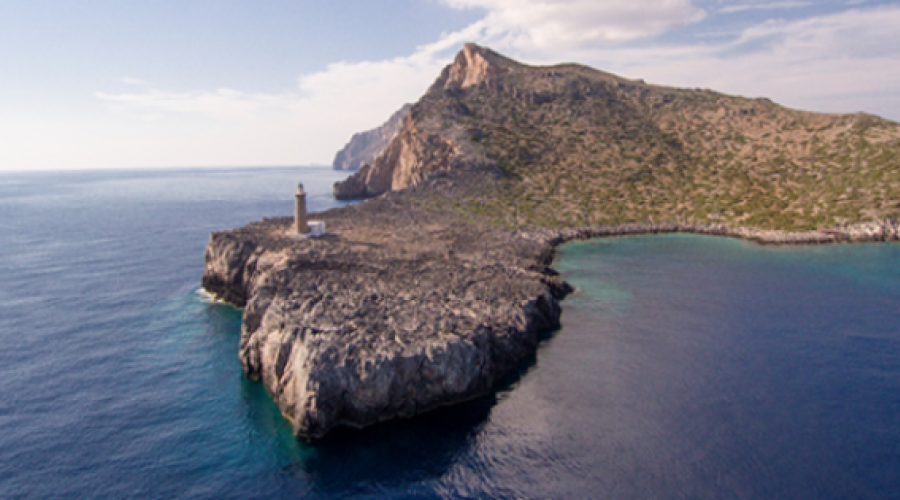
An innovative research infrastructure, unique in Southeast Europe, was recently implemented on the island of Antikythira. The PANhellenic GEophysical observatory of Antikythera (PANGEA) was created by the National Observatory of Athens (NOA), as a central reference station for tracking climate and geophysical parameters. The first actions and measurements of the Observatory have already been funded by ERC - European Research Council (ERC), as part of a research project that focuses on the study of dust transportation from the Sahara Desert.
The original idea and the realisation of the project began in 2017 with the active support of the Municipality of Kythera, the Kythera and Antikythera Commission for domestic property, the Region of Attica and the Ministry for Education and Religious Affairs. ERC laid the foundations for the creation of the observatory and the early stages of operation through the participation of NOA in the Horizon 2020 research project D-TECT - Does dust TriboElectrification affect our ClimaTe’.
The prospect of a supersite on this remote island has captured the interest of the European Investment Bank which will invest 20 million euros in the atmospheric monitoring at the Observatory, while private companies and foundations in Greece also support the establishment (e.g. COSMOTE and Stavros Niarchos Foundation).
As noted in an NOA announcement concerning the implementation of the project, Greece is among the leaders of European research into climate change, the study of the impact on the development of early warning services and research into geophysical phenomena.
The island of Antikythera is considered to be an ideal place to collect climatic and geophysical data due to minimal pollution, little anthropogenic activity and its proximity to the Hellenic geotectonic arc. Thanks to the geographical location of the island, located at the crossroads of air masses from the Sahara desert, the volcano Etna and important cities of the Mediterranean, the observatory has the potential of becoming a first-class research infrastructure in line with the standards of the Global Observing System, World Meteorological Organisation.

PANGEA is expected to represent Greece in major national and European-wide research infrastructures, such as ACTRIS, ICOS and EPOS, while the action will fill a void in monitoring climate change at national level. Additionally, the project has important social dimensions such as preventing the depopulation of the island. ‘The creation and expansion of the observatory will create new jobs, develop more scientific tourism and attract people to the island, which now has fewer than 50 inhabitants,’ stated the Mayor of Kythera, Efstratios Charchalakis.
EKT is the National Contact Point for the ERC programme Horizon 2020, providing the Greek research community with a range of integrated services. EKT personnel support Greek researchers to prepare their proposals and to pursue funding, and then support them in the implementation of their research. EKT publications cover the performance of Greek actors in Horizon 2020, Greek participation in the ERC programme and are available online for the 2014-2018 period. During that time, 30 research projects funded with the participation of 35 Greek organisations, primarily universities and research centres.















